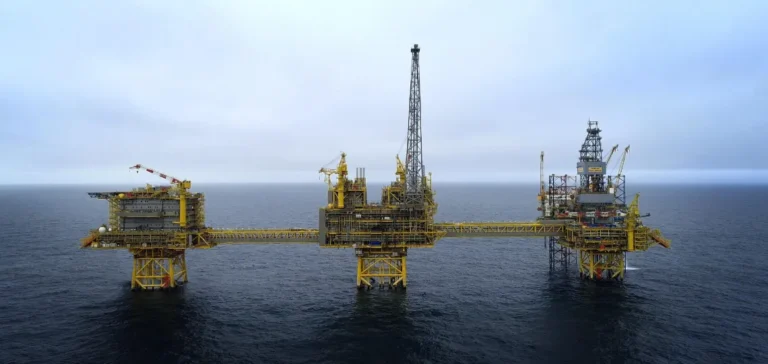TotalEnergies has formalised the signing of a production sharing agreement in Nigeria for two offshore exploration blocks, identified as PPL 2000 and PPL 2001. Located in the West Delta basin, these permits cover a combined area of 2,000 square kilometres. The agreement was concluded with South Atlantic Petroleum, which holds a minority stake of 20%, while TotalEnergies retains a majority position of 80%.
The exploration programme includes the drilling of a well in this area, considered one of the most promising in the region. It is the first licensing round awarding permits to an international company in Nigeria in more than ten years, thereby strengthening the French group’s strategic position in the Nigerian hydrocarbons market.
Optimisation of the exploration portfolio
With this acquisition, TotalEnergies continues its targeted investment policy in assets deemed technically accessible and economically viable. The integration of blocks PPL 2000 and PPL 2001 aligns with a strategy of geographical diversification, while supporting the expected annual growth of 3% in its hydrocarbons production until 2030.
Kevin McLachlan, Senior Vice President Exploration at TotalEnergies, stated that entering these new blocks matched the group’s strategy to enrich its portfolio with high-potential projects ready for development. This approach aims to optimise returns in areas where technical costs and infrastructure requirements remain manageable.
Refocusing investments and targeted expansion
Alongside this operation, TotalEnergies announced in May the divestment of its stake in the Bonga deepwater oil field to the British company Shell. This divestment forms part of a wider approach to refocus the group’s investments on more profitable assets.
The company is also pursuing expansion in Central Africa. It recently obtained an offshore exploration permit in the Republic of Congo, extending its operating area in Congolese waters by 1,000 square kilometres. Taken together, these initiatives illustrate an investment strategy directed towards priority zones, where development potential is supported by available geological data and a stable contractual framework.






















